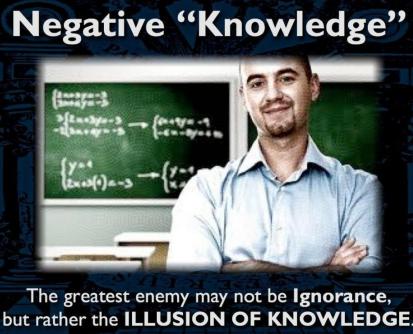2024-11-23
The "dismal science".
When I was an undergraduate back in the ...ies, we had to study economics. We had a huge tome devoted to the topic, and it was clear that if it was a "science" it was unlike any other.
Happily I don't think we were examined on it (except perhaps in the first year). You could probably have written what I learned on the back of an envelope (the internet would come later - much later). Not because I didn't read it (although I didn't read all of it by any means) but because it contained a great deal of what I considered "waffle", worthy neither of record nor of my time.
Now we understand that economics (unlike physics, although that too may be about to undergo a roots up revaluation/revelation ... ) is dependent to a huge extent upon human psychology - and humans are not logical machines, but are driven by all sorts of factors, inclusive of irrational beliefs (as notoriously cultivated by wannabe dictators and cult leaders of all kinds).
Our favoured commentator on matters economic, Nick Hubble, discourses on matters currently regarded as economic (but you can take out neither the politics nor the psychology):
"The first thing my high school economics teacher ever taught us was a simple truth: human wants are infinite, but our means of satisfying those wants are finite"
Yes yes, we say wisely, that is obviously true, move on.
"Who really notices an additional rule or regulation? Few of us are aware of them, at the margin. It’s only when you try and set up a business or fix a fence that you realise it’s damn nigh impossible to do much of anything legally anymore"
"Why not send foreign aid to places like India? And funding for medical research to places like China? It’s the right thing to do"
"Why not try to change the climate? A bad climate would be catastrophic"
"The government’s entire existence is reliant on continuing to pretend what we’ve been doing was a good idea all along"
"If we stop now because the costs of more borrowing, regulation and government control are too high, the obvious conclusion is to unwind most of what the government does"
Stop right there.
In fact, stop at the first quote:
"The first thing my high school economics teacher ever taught us was a simple truth: human wants are infinite, but our means of satisfying those wants are finite"
"Human wants are infinite" - but humanity is numbered, and even if that number is "large" it is not infinite, and according to Elon Musk, not even close.
The wants of any one person are in practice finite (unless you want to rule the entire planet) so in practice, in the situation where most people would happily settle for what used to be called an "upper middle class" standard of living, the wants of most and therefore of humanity (excluding the insane would-be dictators) is also in practice finite.
So the real question is:
"Is it really beyond the scope of our planet to support everybody in reasonable comfort?"
That's it - the whole of economic theory is ... shall we say unreliable, based upon a fallacy.
OK I simplify, but if they can get that wrong, what can they get right?
Now let's reconsider the last two quotes above:
"The government’s entire existence is reliant on continuing to pretend what we’ve been doing was a good idea all along"
"If we stop now because the costs of more borrowing, regulation and government control are too high, the obvious conclusion is to unwind most of what the government does"
... thereby releasing countless numbers of public servants (not to mention many in the Compliance Industrial Complex) into the productive economy!
We would certainly more than double the productivity of the nation (albeit not overnight as the transition would need to be managed). Compliance with unnecessary rules and regulations would cease and productivity and innovation would soar.
I'd drink to that - bring it on!
And imagine what could be achieved globally!



